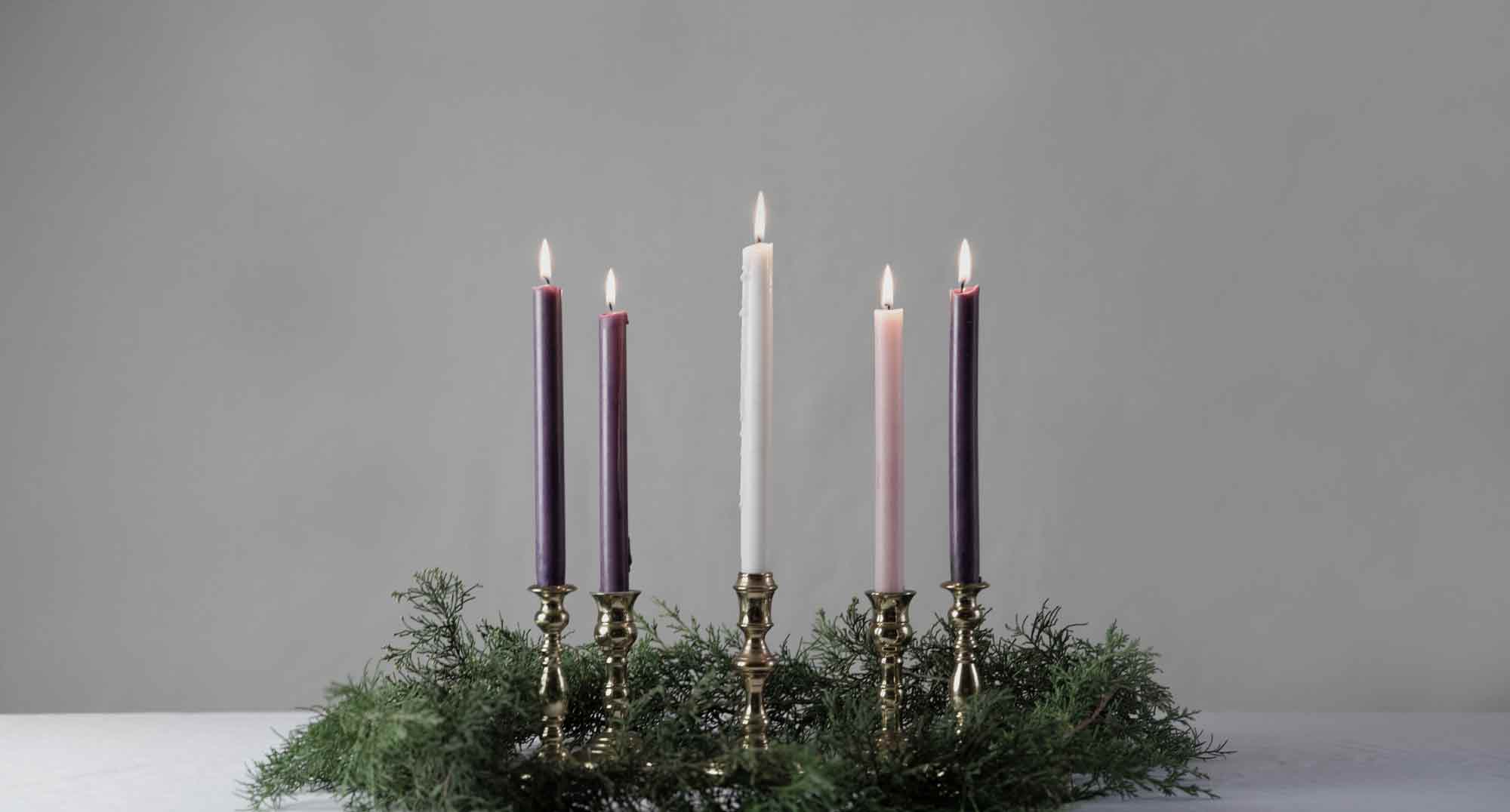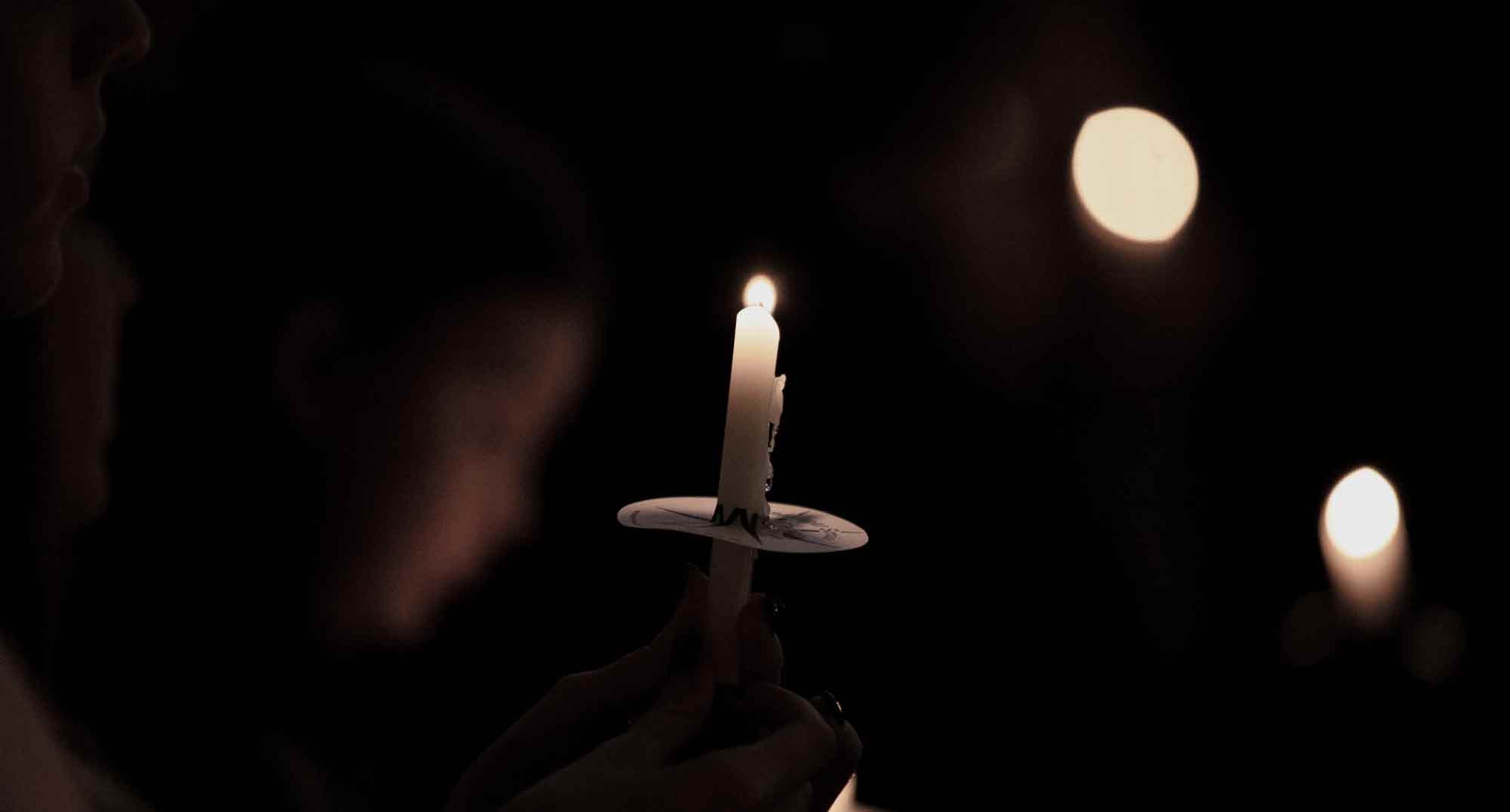Advent Devotional: Isaiah 9:2
STEPHANIE FORMENTI | CONTRIBUTOR Christmas is a season of light. We have lights on our houses, lights wrapped around our trees, candles in our windows, and fires in the hearth. It makes sense when we consider how the days are short and the nights are long and cold during winter (at least in the Northern Hemisphere). Imagine Christmas without lights. It would be so dark and cold. This is especially true when darkness seems particularly overwhelming, deep, and oppressive. The beauty of light is most noticeable in years marked by significant loss or disappointment. The brightness of a flame is most poignant in moments of sadness, despair, hopelessness, and worry. Often, it is when we understand the oppression of darkness that we truly understand the power of light. This was true for the Old Testament people of God. In Isaiah 9:2 we read, “The people who walked in darkness have seen a great light; those who dwelt in a land of deep darkness, on them has light shone.” The prophet is referring to Israel’s history of exile and homelessness. Their own disobedience landed them in a place of oppression by their enemies, enshrouded in spiritual darkness. Notice the verbs: “walked” and “dwelt.” This was no passing darkness and no temporary shadow. They were existing in darkness. It was their home. But Isaiah’s prophecy is one of hope; they will not wander around in darkness forever. Rather, a great light will burst onto the scene and make the darkness flee. And this light will bring joy (Isaiah 9:3), peace (9:4), and righteousness (9:7)....










